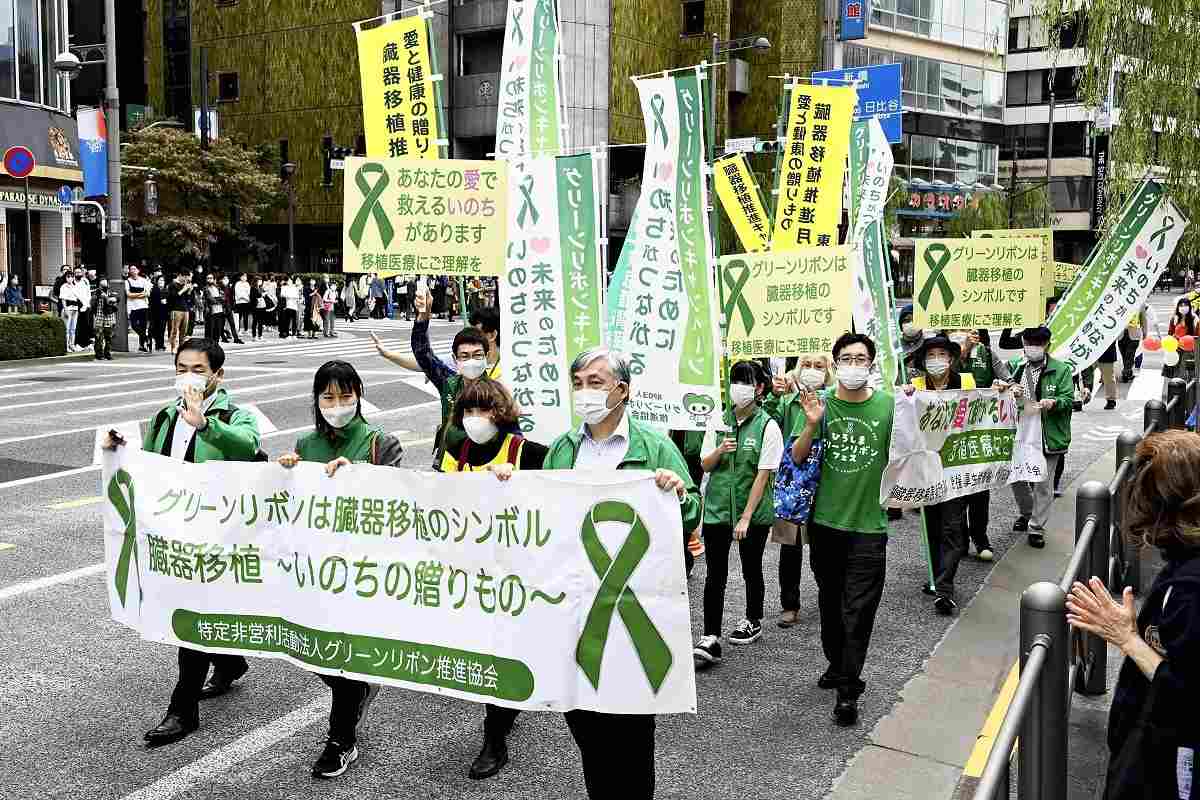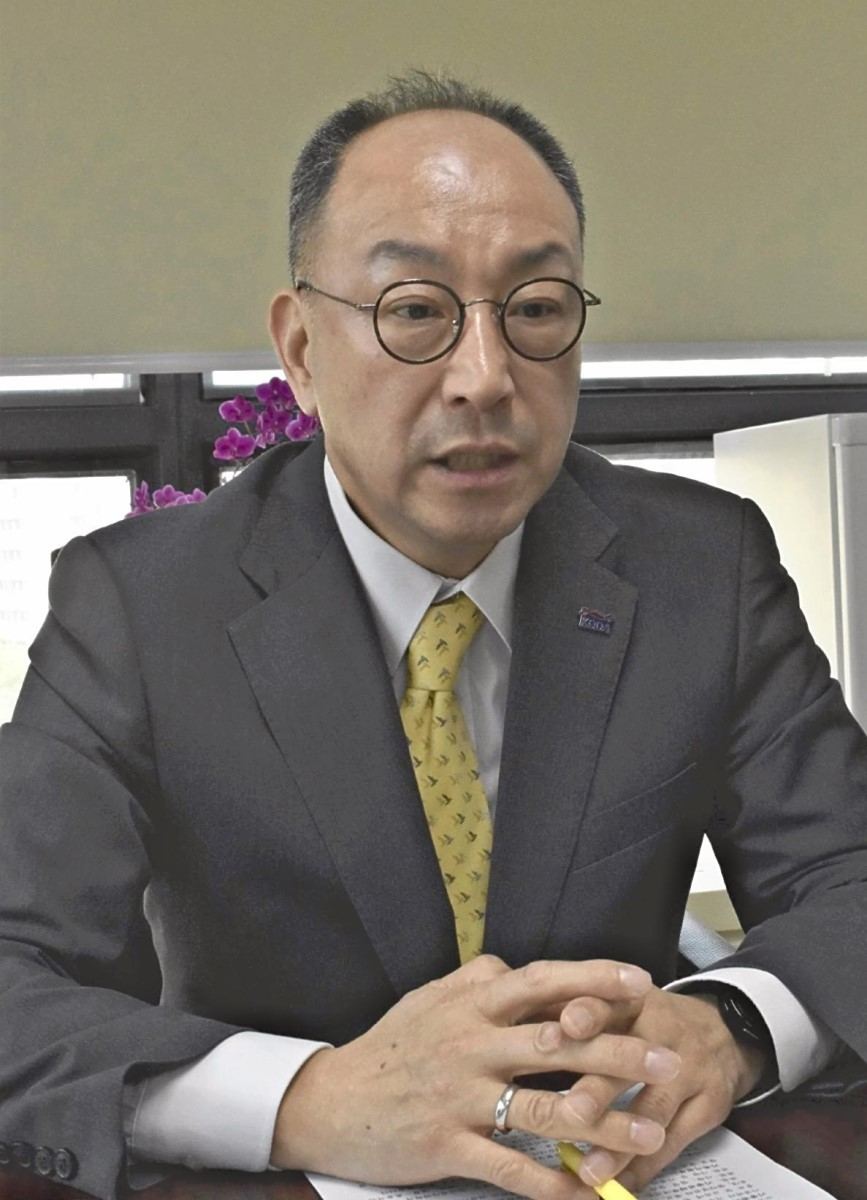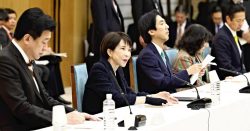S. Korean Organ Donation Agency Working to Make Donors Heroes, Says Chief; Hopes for Japan’s Cooperation in Field

People call for the donation of organs at a parade in Chuo Ward, Tokyo, in October 2022.
1:00 JST, June 11, 2024
Samuel Lee, president of the Korea Organ Donation Agency (KODA), spoke about the system for transplant medicine in South Korea and related challenges in an interview with The Yomiuri Shimbun.
***
– The Yomiuri Shimbun: In South Korea, medical institutions are required by law to report to mediating organizations for organ transplants when there are patients that are suspected to be brain-dead. How has the system been working?

Samuel Lee, president of the Korea Organ Donation Agency
Samuel Lee: No one has been fined for violating the law since its introduction in 2011. In South Korea, a stable system for organ donation after brain death has been established with the cooperation of hospitals and institutional support from the government.
– Yomiuri: Are there any other efforts to increase organ donations?
Lee: KODA has a Donation Improvement Program for 85 medical institutions. KODA staff visit the institutions several times a year and hold meetings to discuss reports they’ve filed on patients [suspected to be brain-dead] with the person in charge of the case. Later, KODA provides them with feedback, including suggestions for improvement. Medical institutions that have implemented the program often see a significant increase in the number of organ donations.
– Yomiuri: What are the challenges?
Lee: In 2023, 483 of the 1,738 brain-death reports, or 28%, resulted in organ donations. In a survey conducted in 2020, the reasons given for not agreeing to organ donation included a desire not to harm the body, a sense of discomfort over donating, and opposition from family members and others. It is important to expand public understanding of organ donation.
– Yomiuri: Are there any concrete measures?
Lee: We are working to foster a culture that celebrates donors as heroes who have saved somebody’s life. With the consent of the family members of donors, KODA shares with the media the donors’ name, what the donor was like as a person, and the story of their donation, as well as photos of them.
We feel that by sharing their information with society at large, we are changing the public’s perception of organ donation in a positive way. In one case, the number of donations rose after an organ donation by a celebrity was reported.
We have appointed a celebrity and others who have undergone organ transplants as our ambassadors, and they help raise awareness for us.
– Yomiuri: What is your message to Japan?
Lee: Japan and South Korea share common issues for organ donations after brain death, such as reducing the physical and mental burden on coordinators who support the families [of brain-dead people]. I hope that transplant medicine in both countries will continue to develop through our learning from and cooperating with each other.
Top Articles in Society
-

Producer Behind Pop Group XG Arrested for Cocaine Possession
-

Man Infected with Measles Reportedly Dined at Restaurant in Tokyo Station
-

Man Infected with Measles May Have Come in Contact with Many People in Tokyo, Went to Store, Restaurant Around When Symptoms Emerged
-

Woman with Measles Visited Hospital in Tokyo Multiple Times Before Being Diagnosed with Disease
-

Australian Woman Dies After Mishap on Ski Lift in Nagano Prefecture
JN ACCESS RANKING
-

Producer Behind Pop Group XG Arrested for Cocaine Possession
-

Japan PM Takaichi’s Cabinet Resigns en Masse
-

Man Infected with Measles Reportedly Dined at Restaurant in Tokyo Station
-

Israeli Ambassador to Japan Speaks about Japan’s Role in the Reconstruction of Gaza
-

Videos Plagiarized, Reposted with False Subtitles Claiming ‘Ryukyu Belongs to China’; Anti-China False Information Also Posted in Japan






















